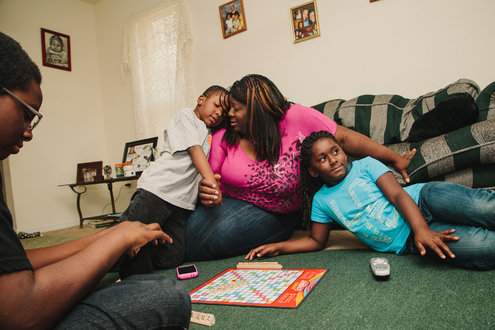According to a Gallup Poll released on Wednesday, a strikingly low number of Americans–now down to only 41%–describe themselves as pro-choice. To put it in perspective, this number was at 56% in 1996. Frustratingly for those who wish to talk about the issues of “abortion and same sex marriage” as if they are a monolith, support for abortion choice is energetically moving the opposite direction of support for same sex marriage. This is true especially among young people.
Of particular interest, especially in light of the record number of people describing themselves as neither Democrat or Republican, is the dramatic shift in the views of Independents:
The percentage of political independents identifying as pro-choice is 10 points lower today than in May 2011, while the percentage pro-life is up by six points. As a result, pro-lifers now outnumber pro-choicers among this important swing political group for only the second time since 2001, with the first occurring in 2009.
More broadly, since 2009, independents have been fairly closely divided between the two abortion positions, whereas for most of the 2001-2008 period, significantly more independents were pro-choice than pro-life.





Charlie,
I saw this, too, and was so encouraged. Have you seen anything about why this shift is happening? I always thought that sonograms would eventually change people’s perceptions of the fetus, but I’m sure there are other factors.
Thanks, Charlie, for posting about this. I too saw this, and thought it was interesting, although the article I read also noted that a majority still believe abortion should be legal “in certain circumstances.” It would be a shame if Christians lost sight of this building moral capital by making expenditures on other, less popular (and, to be utterly frank, less important) issues. Over time, I think everyone knows that the goal would be to move the Democratic party away from its absolutism on this issue.
David – to your point about the Democratic party there has been a considerable effort recently by Democrats for Life and in particular Jimmy Carter to do just that.
David, I couldn’t agree more. Especially given how little capital there is to spend (I hope everyone involved at the highest decision-making levels realizes this?), to spend it on other (yes, far less important) issues–with this colossally important issue is moving so energetically in the right direction–would seem like a strange choice. (In response to your first point though: depending on how one defines abortion, even very serious pro-lifers would answer that “they support abortion in some circumstances.” I have always found these kinds of questions poorly worded–the worst is, “Is abortion morally wrong? Yes or No?” Data from these questions doesn’t tell us very much about what people actually think about the complex topic of “abortion.”)
Julie, I can’t know for sure, but I would say the biological and moral status of our prenatal children as fellow members of our human family–brought home by 3D images, surgeries in utero, videos of babies dancing to music in the womb, fetal homicide laws, etc.–is a big reason. It is also my experience that young people are less and less likely to identify the choice to kill a fetus as a liberating thing for our culture and for women. Not only are they more aware than most than more choice often doesn’t lead to more freedom, but like all good younger generations, they have a healthy skepticism with regard to conventional wisdom and categories.
I’m troubled by this idea of having limited moral capital to spend. It seems a bit like Moses telling God that 10 is just too many and he needs to pick the two or three that really matter. I wonder if what you are really saying is that some issues being raised as moral issues are not really moral issues? For if all the issues we are spending moral capital on are really issues of morality how can we select certain ones as being too expensive?